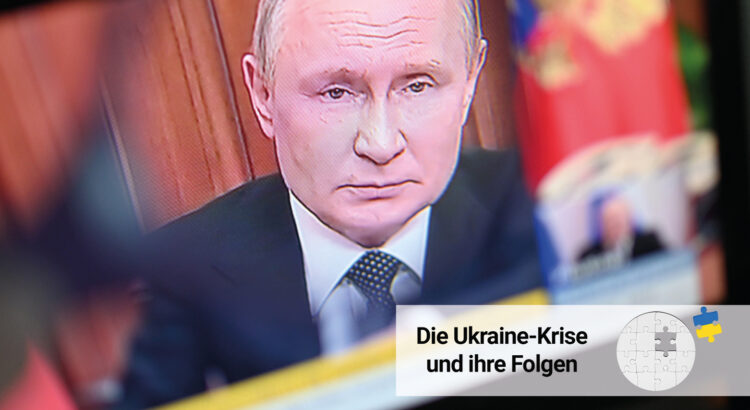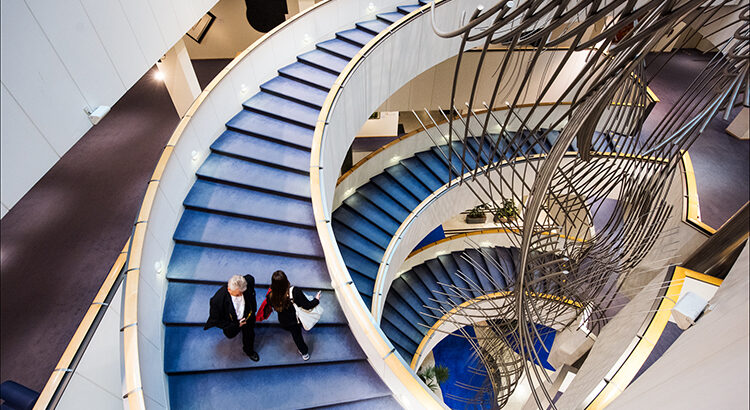The EU’s emerging response to foreign interference, as it is currently debated in the EU Parliament, contains striking similarities to arguments put forth by some governments around the world seeking to justify harsh restrictions on foreign funding and “foreign agents.” This risks producing serious ramifications for civic spaces and international civil society support—both within and beyond the EU.
Schlagwort: EU

Putin’s Mobilisation, Annexation and Nuclear Threats: Last-Ditch Effort or More of the Same?
Just as leaders from across the world gathered in New York to address challenges to global peace and stability, the Russian president Putin declared mobilisation in Russia for the third time in its history. This step, which had formerly was ruled out by Russian officials, indicates that the Kremlin does not have any viable options but to escalate. Even though Putin still prefers to call the war a “special military operation”, he has virtually introduced martial laws across the entire spectrum of Russian economy and society, doubling down on the only gamble that he thinks can still pay off.

